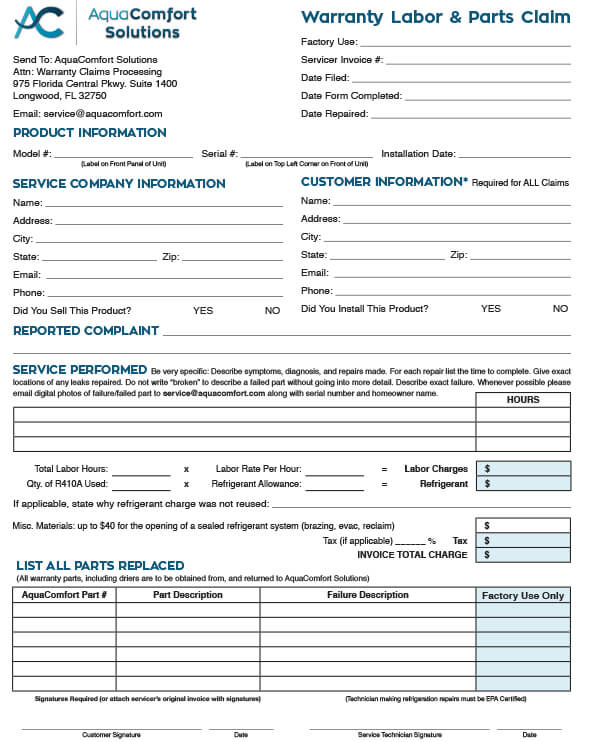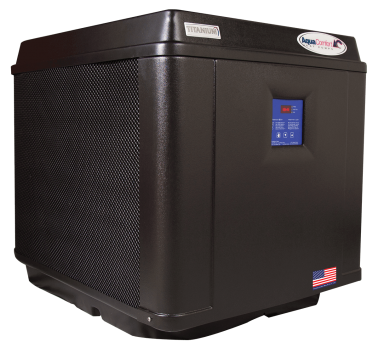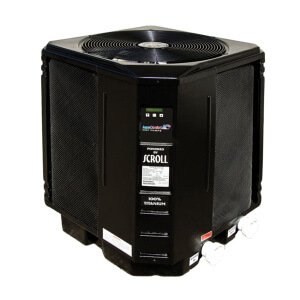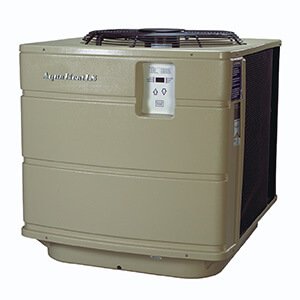
There are many variations of pool heaters from boilers and solar heaters to wood burners. Each of these can be expensive, whether that is installation costs or maintenance costs, and not the most efficient.
An air source heat pump will heat your pool by using heat from the air, these pumps are cheaper to run and also less harm to the environment. Heat pumps are most useful when the air temperature is higher than 15 degrees Celsius however some pumps do operate in colder air temperatures allowing you to heat your pool all year round.
Top Tips On Heaters For Natural Pools
So, a few things to know before using one of these pumps on a natural pool is that the pump needs to be installed somewhere where there is a large supply of fresh air. For instance, if there is cool air around the pump that doesn’t have the capability to getaway, this build up will weaken the pumps ability to heat the pool. Similarly, the pumps shouldn’t be located too close to walls or fences as this can block the surrounding air too!
Another thing to note before using a heat pump is that they don’t have to fully be in the sun! It is more about the air supply so whether that is in the shade or in the sun, as long as there is a good airflow the pump will work and if it is somewhere that is windy and gets a lot of sunlight then this will just improve the efficiency of the heating.
When looking to install a heat pump pool heater you should check that the electrical connections you will need are viable. In the user manual for the pumps it will specify installation guidelines and will also provide recommendations for cable size and fuse rating.
How Long Will Your Heater Be Running?
An additional factor to consider when using a heat pump is how long will the pump be running for each day? For example, similarly to the boiler you will have in your house, it depends on the weather as to how long the heater will run for different each day. So this means that during the summer the pump may not need to run for as long because the pool is at its temperature, whereas in the colder winter days the pump will run for longer to generate more heat.
Before using your heat pump it’s probably a sensible idea to get a solar cover for your pool too. They reduce water evaporation and can heat the pool all on its own! This can save you money as it can further reduce the heating costs.
Still have some unanswered questions? Find out more over on our FAQ’s.










Follow Us